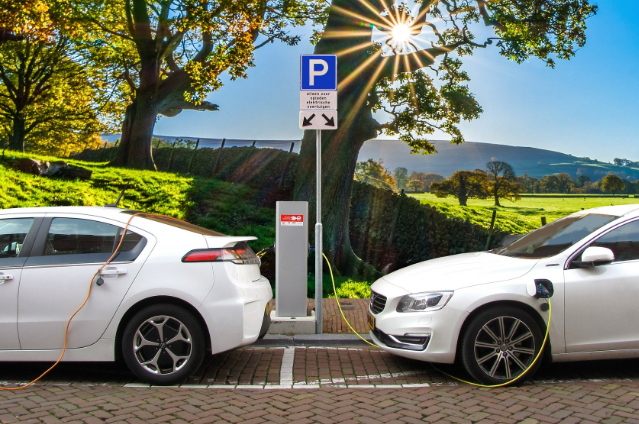
Image by (Joenomias) Menno de Jong from Pixabay
Sustainability is not just the usage of present resources in a judicious manner. But usage of resources in a manner that they do not compromise with the needs of future generations.
With massive urbanization, occupational mobility, and population explosion a lot of Pressure is generated on the limited resources of our nation to satisfy the unlimited wants of human beings. Due to the excessive exploitation of limited resources, the level of pollution has gone beyond the carrying capacity of our environment therefore protection of the environment and focus on green growth have become the need of the hour. After the global north vs the global south debate issues of global warming, ozone layer depletion And deforestation have made environmental protection a crucial issue for all the nations in the contemporary world.
From the manufacturing of nuclear weapons to the production of finished goods each factor has single-handedly contributed to the environment degradation and so this calls for a need to take some harsh steps to move towards green energy and focus on the sustainable lifestyle of all. In India, while the budget allocation was around 464 crores to protect the environment it has been noted that India ranks 21 out of 30 countries in carbon emissions. The use of fossil fuels for generating electricity is constantly rising to cater to the needs of the increasing population which is a cause of concern. Pollution by factories and industries has not only deteriorated the health standards of the masses but has also increased the cost of production in the economy.
Therefore to tackle these issues and to focus on green growth a number of strategies have been adopted like focusing on the development of electronic vehicles. Our vision is to reduce the usage of engine cars to ultimately reduce dependency on fossil fuels for which we plan to harness 240 gigawatts of solar power by 2030. Moreover, in the 2023 budget the focus will be on green growth and 3030 crores have been allocated for this purpose.
The idea behind the usage of electric vehicles is that they reduce carbon emissions, have low maintenance costs, have greater efficiency, and have zero dependencies on the use of fossil fuels.
But the major question that arises is how to fulfill this vision for developing electric vehicles and popularizing it among people is quite a hectic task. A lot of costs have to be incurred on training and management of people regarding batteries swap, and a huge chunk of investment needs to be incurred on establishing charging stations, as well as in producing materials that are needed in making electric vehicles. Apart from this a large amount of money needs to be spent on making provisions for storing large amounts of energy in small batteries.
This seems to be a major hurdle in popularizing and convincing people about the better utility of electric vehicles. However, when we calculate the cost-benefit ratio of these vehicles we see that the benefits definitely outweigh the cost of production as developing electric vehicles would help to generate sufficient employment opportunities for the increasing population in our country which will help to improve their living standards and in the long run raise aggregate demand in the economy. Introducing electric vehicles will reduce carbon emissions from our country and Ultimately improve the Logistics performance index of the country. Adding on electric vehicles will help in focusing on sustainable development it would show India in a good light in the contemporary world.
Hence while onside electric vehicles can lead to high costs of production, maintenance, and risks of obsolescence with adequate expenditure on infrastructure and proper allocation of resources we can move towards the establishment of an eco-friendly environment which is conducive to sustainable growth in the long run.
